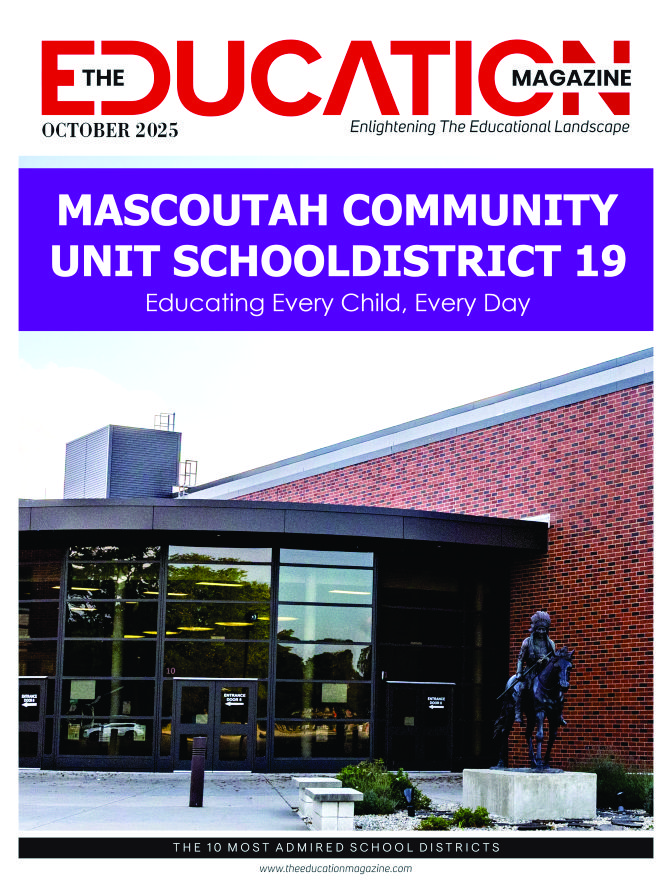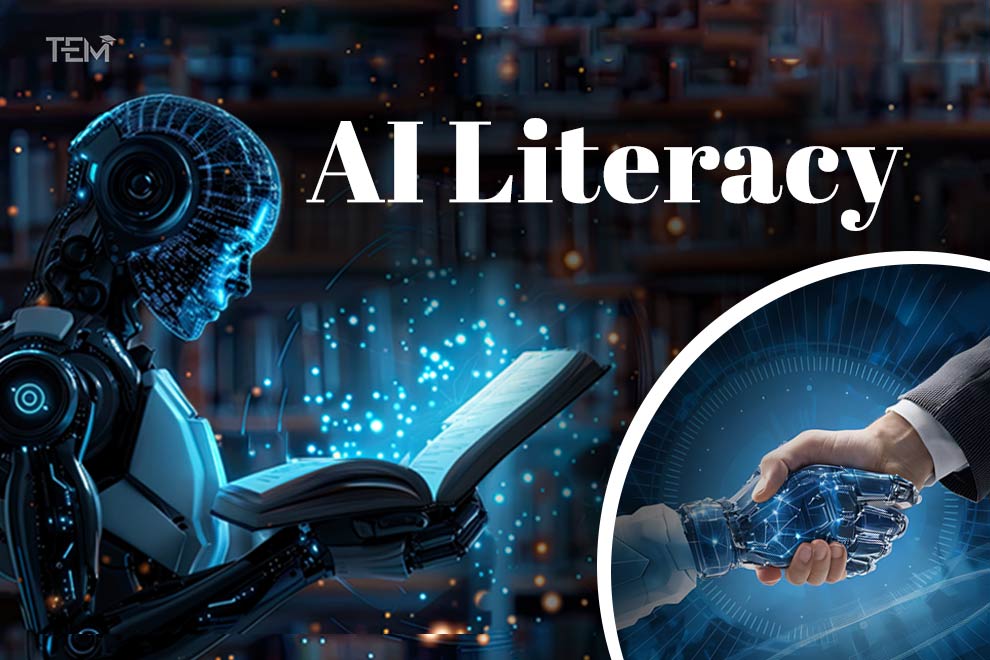From high school graduates to professional career change strategy developers, navigating the sea of degrees in education usually makes knowing the kind of educational degree to pursue the toughest step. That’s why, in this comprehensive guide, we’ll walk you through the different types of college education degrees and their requirements. We’ll also include potential career paths for each type. Read on to learn more.
Online Education Degrees
The rise of online education has made it easier for working professionals to pursue education degrees. Many institutions now offer online education programs at all levels, from associate to doctoral degrees. These programs provide flexibility for students balancing work, family, and education. An online early childhood education degree has become particularly popular, allowing aspiring educators to gain specialized knowledge in child development and early learning strategies remotely.
Say, for example, you’re a career-changer in your 30s, enrolled in an online bachelor’s degree program in education while continuing to work full-time. The program’s flexible schedule will allow you to complete coursework in the evenings and on weekends when you’re not working.
Associate Degrees in Education
If not taking the online route, an associate degree is often the first step for many in the education field. These two-year programs, typically offered at community colleges, provide a foundation in educational theory and practice. Students learn about child development, classroom management, and basic instructional techniques.
Possible career paths after taking an associate degree include becoming a preschool teacher, teacher’s aide, or childcare worker.
Bachelor’s Degrees in Education
A bachelor’s degree is the most common undergraduate degree in education majors. These four-year programs dive deeper into educational psychology, instructional design, and specific subject areas. Many programs include extensive student teaching experiences in public schools or other educational settings.
Types of bachelor’s degrees in education include elementary education, secondary education, special education, and early childhood education.
For the career paths, you can be an elementary school teacher, middle school teacher, high school teacher, or a special education teacher.
Master’s Degrees in Education
For those seeking to advance their careers or specialize in a particular area of education, master’s degrees offer in-depth study and research opportunities. These graduate programs typically take 1-3 years to complete and often require a bachelor’s degree for admission.
Popular master’s degrees in education include:
- Master of Education (M.Ed.)
- Master of Arts in Teaching (MAT)
- Master of Science in Education (M.S.Ed.)
These degrees will typically prepare you for leadership or administration roles, such as becoming a school principal, instructional coordinator, educational consultant, and curriculum specialist.
Doctoral Degrees in Education
Next are the doctoral degrees. They represent the highest level of education in the field. These programs focus on advanced research, theory, and leadership in education. Two common doctoral degrees are:
Doctor of Education (Ed.D.)
It focuses on the practical application of research to solve real-world educational problems.
Doctor of Philosophy in Education (Ph.D.)
This program emphasizes theoretical research and is often pursued by those interested in academia or research positions.
How about the career paths? With a doctoral degree, you can be a university professor, researcher, education policy maker, or school district superintendent.
Specialized Education Degrees
Of course, the education field is continually evolving. The result? Specialized degree programs emerging to meet specific needs. Here are some of them:
Special education
This program focuses on working with students with disabilities.
Educational technology
This one explores the integration of technology in learning environments.
TESOL (Teaching English to Speakers of Other Languages)
This specialized program prepares educators to teach English language learners.
Choosing the Right Education Degree
So, how do you choose an education degree? Consider factors such as:
Career goals
Different roles in education require different levels of specialization. Ensure that your current career goal is in line with your preferred education degree.
Time commitment
Note that programs also vary in length from two years for an associate degree to 5+ years for a doctoral degree. Ensure you can put in the required amount of time to finish the program.
Cost
Consider tuition, fees, and potential loss of income if attending school full-time as well.
Accreditation
It’s also important to ensure the program is accredited by recognized bodies.
State requirements
Finally, don’t forget to check your state’s Department of Education for specific certification requirements. Then, ensure that your preferred degree meets what’s required.
Investing in Your Education
Pursuing an education degree is an investment in your future. During the 2021-2022 academic year, public school teachers in the US made USD$66,397 on average, with some positions offering significantly higher earnings potential.
While salary potential is important, many educators find their careers rewarding for reasons beyond financial compensation. The opportunity to shape young minds, contribute to society, and continually learn and grow makes education a fulfilling career choice for many.
Conclusion
Knowing the types of education degrees can be very instrumental in decision-making with regard to your educational and career choices. Whether one is starting their work or looking to further the advancement of an existing career, there’s a degree to meet all your needs. You’ll be able to start a fulfilling career that changes with time; this is possible in the field of education if you choose an appropriate program for your ambitions.










